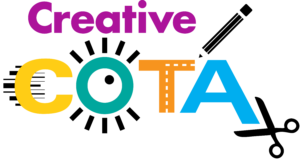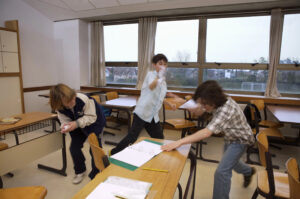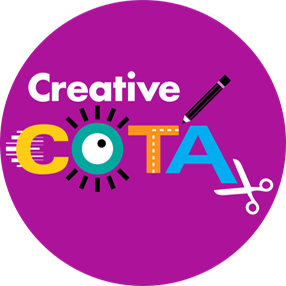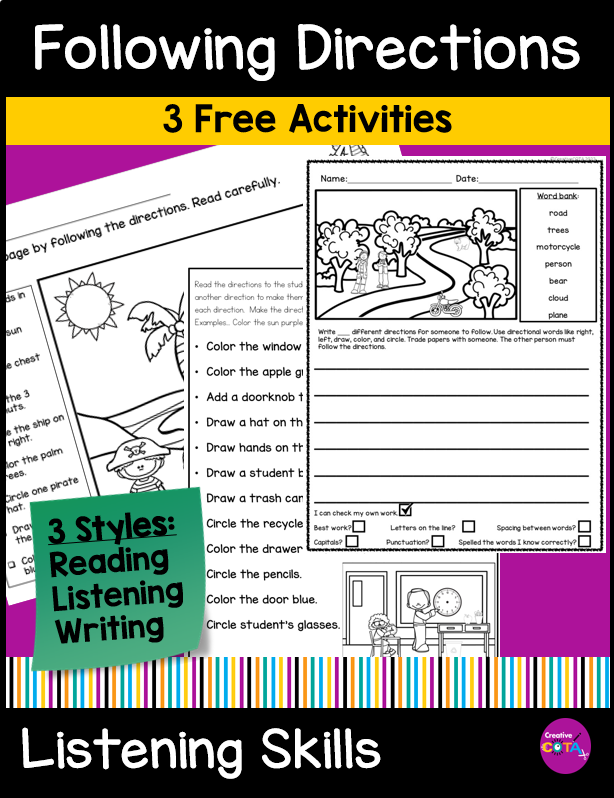
This post includes affiliate links. If you utilize a link and buy the product, I will receive a small fee without any cost to you.
In the world of occupational therapy, games are not just a pastime; they are powerful tools for developing essential foundation skills crucial for success in school and beyond. From bilateral integration to sportsmanship, each game targets specific areas of development, making learning an enjoyable and effective experience for children. Let’s explore how playing games work on various foundation skills and why occupational therapists often incorporate them into therapy sessions.
- Bilateral Integration: Games that require both hands to work together, such as catching a ball or using scissors, promote bilateral integration, enhancing coordination and dexterity.
- Body Awareness: Games like Simon Says or yoga encourage children to explore their bodies in space, improving body awareness and spatial orientation.
- Motor Planning: Activities that involve planning and executing movements, like building blocks or navigating obstacle courses, hone motor planning skills essential for everyday tasks.
- Pincer Grasp: Games that involve picking up small objects or manipulating game pieces strengthen the pincer grasp, vital for tasks like writing and using utensils.
- Sensory Integration: Games with varied sensory inputs, such as sensory bins or matching games with textured cards, help integrate sensory information, promoting self-regulation and attention.
- Proprioception: Games that involve heavy work activities, like pushing against a wall or carrying heavy objects during play, enhance proprioceptive feedback and body awareness.
- Visual Perception: Matching games, puzzles, and activities that require visual discrimination improve visual perception skills essential for reading and comprehension.
- Proximal Stability: Games that involve maintaining stability in the core muscles, like balancing on a stability ball or playing catch, strengthen proximal stability crucial for posture and control.
- Postural Control: Games that encourage sitting or standing with proper alignment, like playing board games at a table or engaging in yoga poses, develop postural control and endurance.
- Directionality: Activities that involve following directional cues, such as treasure hunts or obstacle courses with arrows, enhance understanding of directionality and spatial relationships.
- Hand Separation: Games that require manipulating objects with individual fingers, like stringing beads or tearing paper, improve hand separation skills necessary for writing and fine motor tasks.
- In-Hand Manipulation Skills: Activities like sorting objects or playing with coins foster in-hand manipulation skills, facilitating the manipulation of objects within the hand.
- Eye-Hand Coordination: Games that involve throwing and catching balls or tossing beanbags into targets develop eye-hand coordination essential for sports and handwriting.
- Eye Tracking: Games with visual tracking components, such as following a moving object or reading a book, strengthen eye tracking skills vital for reading fluency.
- Memory for Letters, Numbers, Shapes, Colors: Memory games, flashcards, and matching activities enhance memory for letters, numbers, shapes, and colors, facilitating academic learning.
- Attention: Turn-taking games, puzzles, and activities with clear rules encourage sustained attention and focus, improving classroom engagement and learning.
- Orientation to Print: Games that involve reading and following written instructions, like board games or scavenger hunts, promote orientation to print and literacy skills.
- Sequencing: Games with step-by-step instructions, such as cooking or building LEGO structures, develop sequencing skills essential for following directions and problem-solving.
- Subitizing: Math games that require quickly recognizing the number of objects without counting, such as dice games or number flashcards, enhance subitizing abilities crucial for number sense.
- Turn-Taking and Sportsmanship: Multiplayer games teach turn-taking, sharing, and cooperation, fostering essential social skills and sportsmanship.
My Current Favorite Games:
By integrating these foundation skills into game-based activities, occupational therapists create engaging learning experiences that cater to children’s developmental needs while promoting enjoyment and participation. Through play, children not only acquire vital skills for academic success but also cultivate a love for learning that lasts a lifetime.
About the Author
I am a Certified Occupational Therapy Assistant (COTA) and have been working in a public school system for more than 25 years. My resources can be found on TPT, BOOM Learning, Made by Teachers, Classful, and Your Therapy Source. I appreciate your interest wherever you wish to shop.
My mission is to help you find creative ideas to incorporate fine motor, visual perception, gross motor, and social-emotional learning into your lessons.
I hope you consider signing up for my Free Resource Library with your Email. I send out emails about once a week and share resources, tips, and planning ideas for your classroom or occupational therapy needs. Hopefully, these help your students work on building their skills in a fun and engaging way.
Thank you for your interest in my resources and ideas. I hope you will consider following my journey on TPT or wherever you wish to shop.






